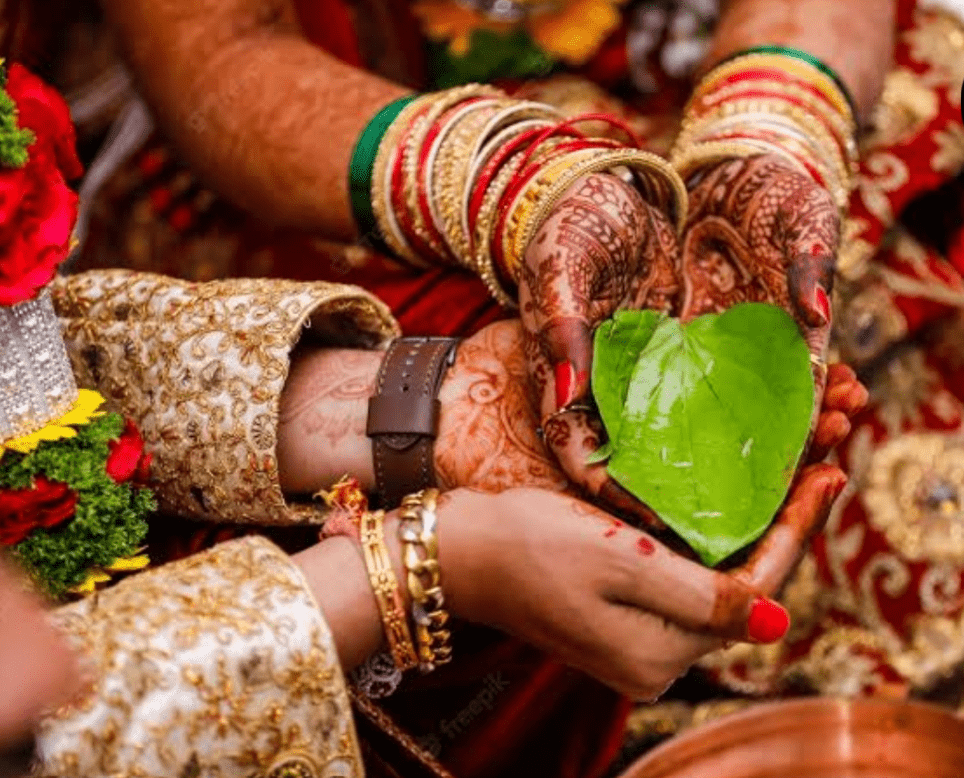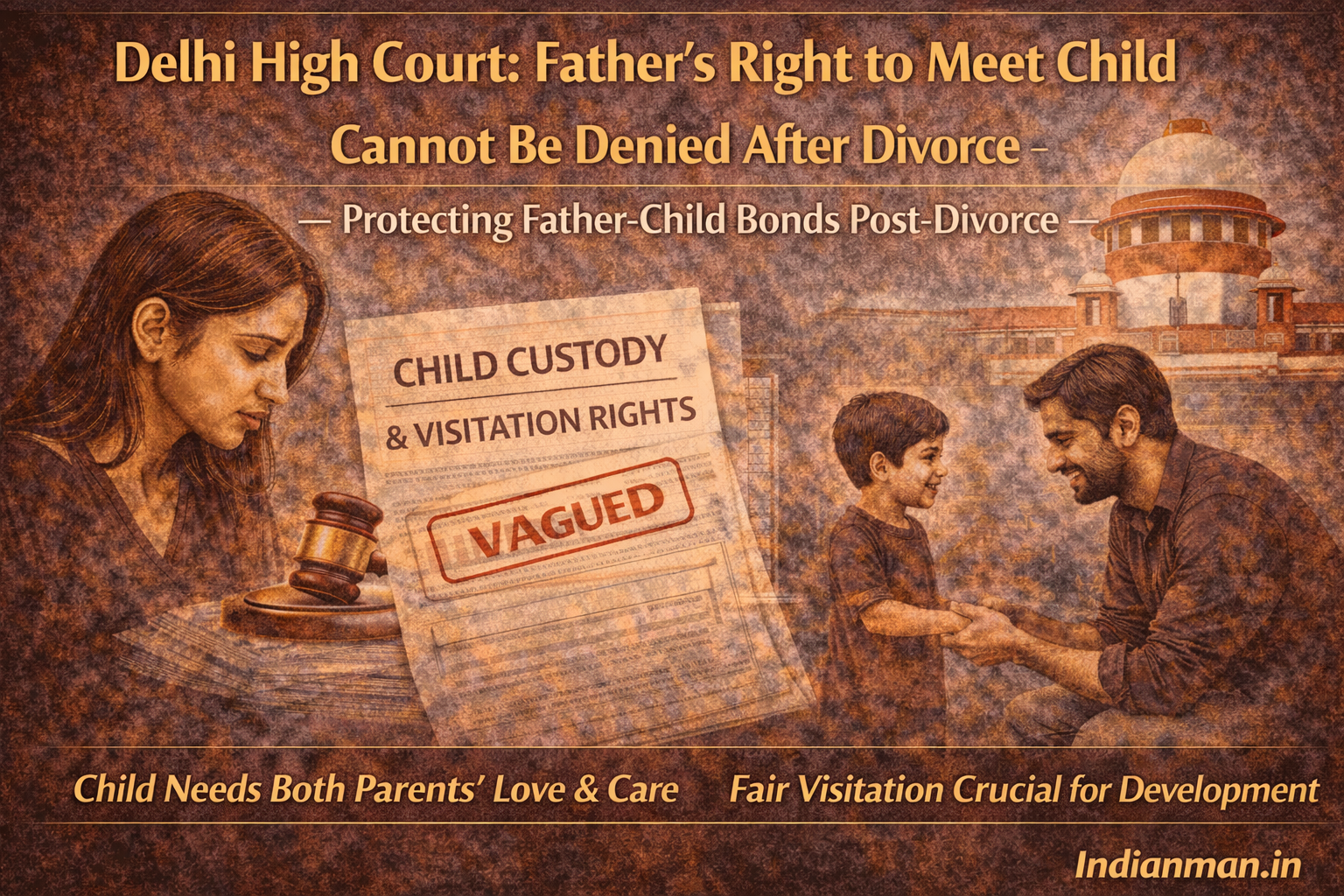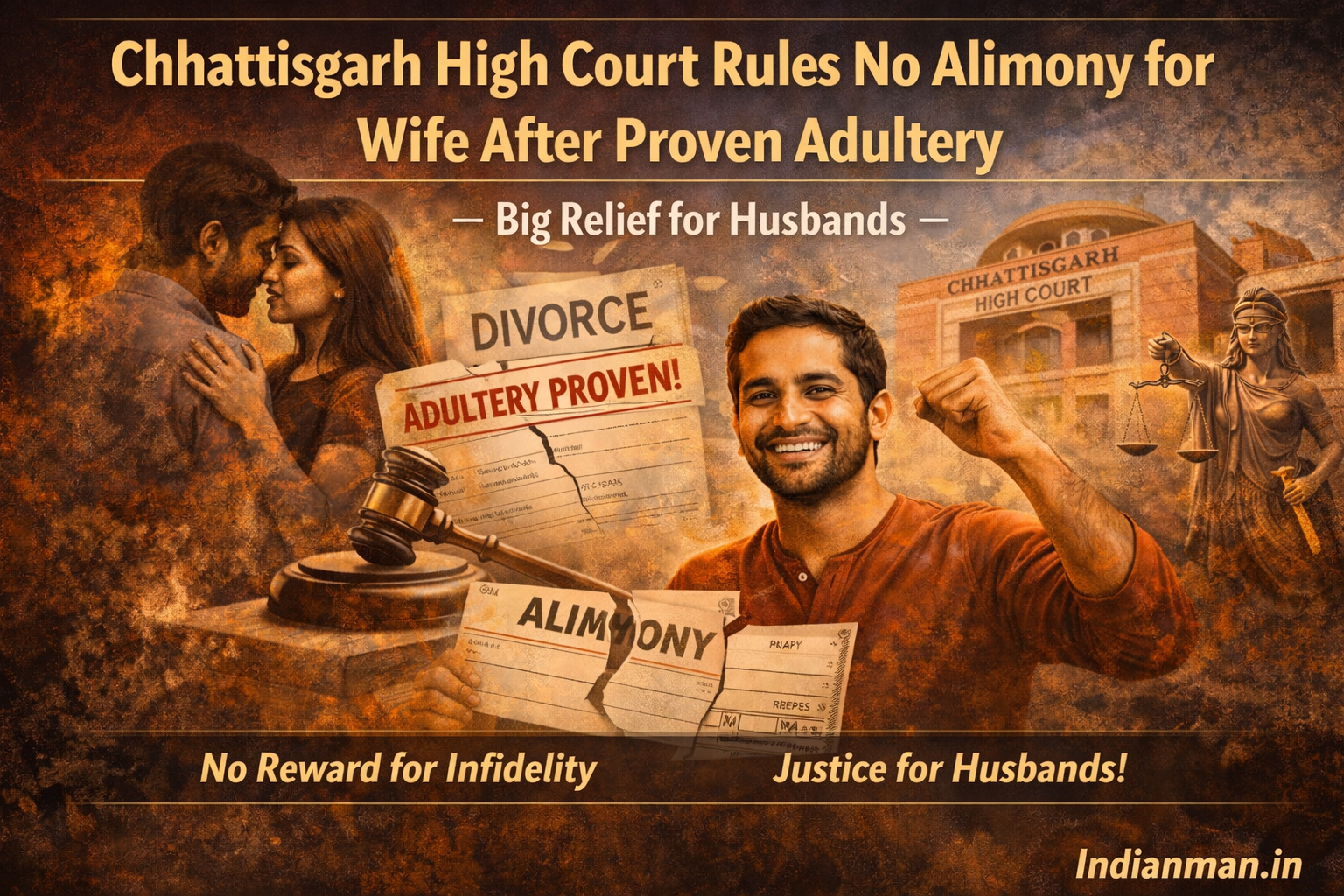Supreme Court: Marriage Certificate Alone Does Not Prove Valid Hindu Marriage
The Supreme Court of India has ruled that a marriage certificate does not automatically prove the validity of a Hindu marriage if the required ceremonies were not performed. The Court stated that without the proper rituals, there is no legal Hindu marriage under the Hindu Marriage Act, 1955 (HMA).
A bench comprising Justice B.V. Nagarathna and Justice Augustine George Masih emphasized that a certificate issued without conducting the essential marriage rites does not grant marital status to the couple under the law.
Importance of Marriage Ceremonies Under Hindu Law
The Court clarified that a Hindu marriage must follow specific customs and rituals, such as saptapadi (seven steps around the sacred fire) if applicable. Without these, the marriage is not legally recognized.
“For a valid Hindu marriage under the Act, the necessary ceremonies must be conducted, and there must be proof of their performance in case of any legal dispute.”
As per Section 7 of the Hindu Marriage Act, 1955, a marriage is valid only when the required ceremonies are performed, and a certificate alone does not establish a legal marriage.
Case Background
The ruling came in response to a transfer petition filed under Section 25 of the Civil Procedure Code (CPC) by a woman seeking to transfer a divorce case.
- The petitioner (wife) and the respondent (husband) were both trained commercial pilots.
- They obtained a marriage certificate from Vadik Jankalyan Samiti in 2021 but had planned to perform a traditional Hindu wedding in 2022.
- However, the couple separated before the marriage ceremony could take place, leading to disputes.
- The wife later filed an FIR against her husband and in-laws, accusing them of dowry harassment under Sections 498A, 420, 506, 509, and 34 of the IPC and Sections 3 and 4 of the Dowry Prohibition Act, 1961.
- The husband then filed for divorce in Bihar, prompting the wife to seek the transfer of the case.
Supreme Court’s Observations
The Supreme Court observed that in Hindu culture, marriage is a sacred institution and not merely a legal contract. The Court emphasized:
“Marriage is not just an event for celebrations or an opportunity for exchanging gifts and dowry. It is a sacred institution that builds the foundation of family and society.”
The Court ruled that while the couple met the basic conditions for a valid marriage under Section 5 of the Act, their union did not qualify as a Hindu marriage under Section 7 since the ceremonial rites had not been conducted.
Registration of Marriage is Not Enough
The Supreme Court also stated that:
“If no proper marriage ceremony took place, then registration under Section 8 of the Act does not grant legitimacy to the marriage.”
This means that a marriage certificate is only valid if the marriage was solemnized following Hindu traditions. If no marriage ceremony was conducted, the certificate has no legal standing.
Court Declares Marriage Null and Void
Since no marriage ceremony had taken place, the Court ruled that:
- The marriage certificate issued by Vadik Jankalyan Samiti was invalid.
- The couple never legally became husband and wife under Hindu law.
- The marriage was null and void as per Section 7 of the Hindu Marriage Act, 1955.
The Court disposed of the transfer petition, allowed the couple’s joint application under Article 142 of the Constitution, and officially declared the marriage null and void.
Conclusion
This ruling makes it clear that a Hindu marriage is legally valid only if the proper religious ceremonies are conducted. A marriage certificate alone is not enough to prove the existence of a legal Hindu marriage.
For a valid marriage, couples must follow the traditional rituals and customs, ensuring their union is legally and socially recognized under Hindu law.
Be a part our social media community:
Facebook: https://www.facebook.com/IndianMan.in?mibextid=ZbWKwL
Instagram:
https://www.instagram.com/indianman.in?igsh=MWZ2N3N0ZmpwM3l3cw==



